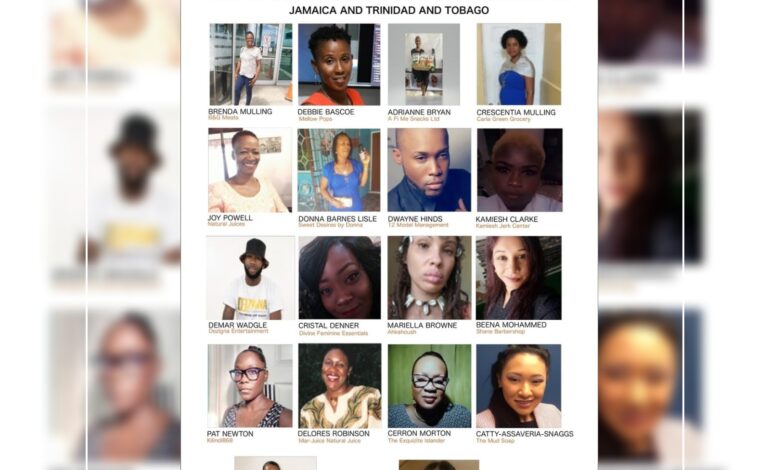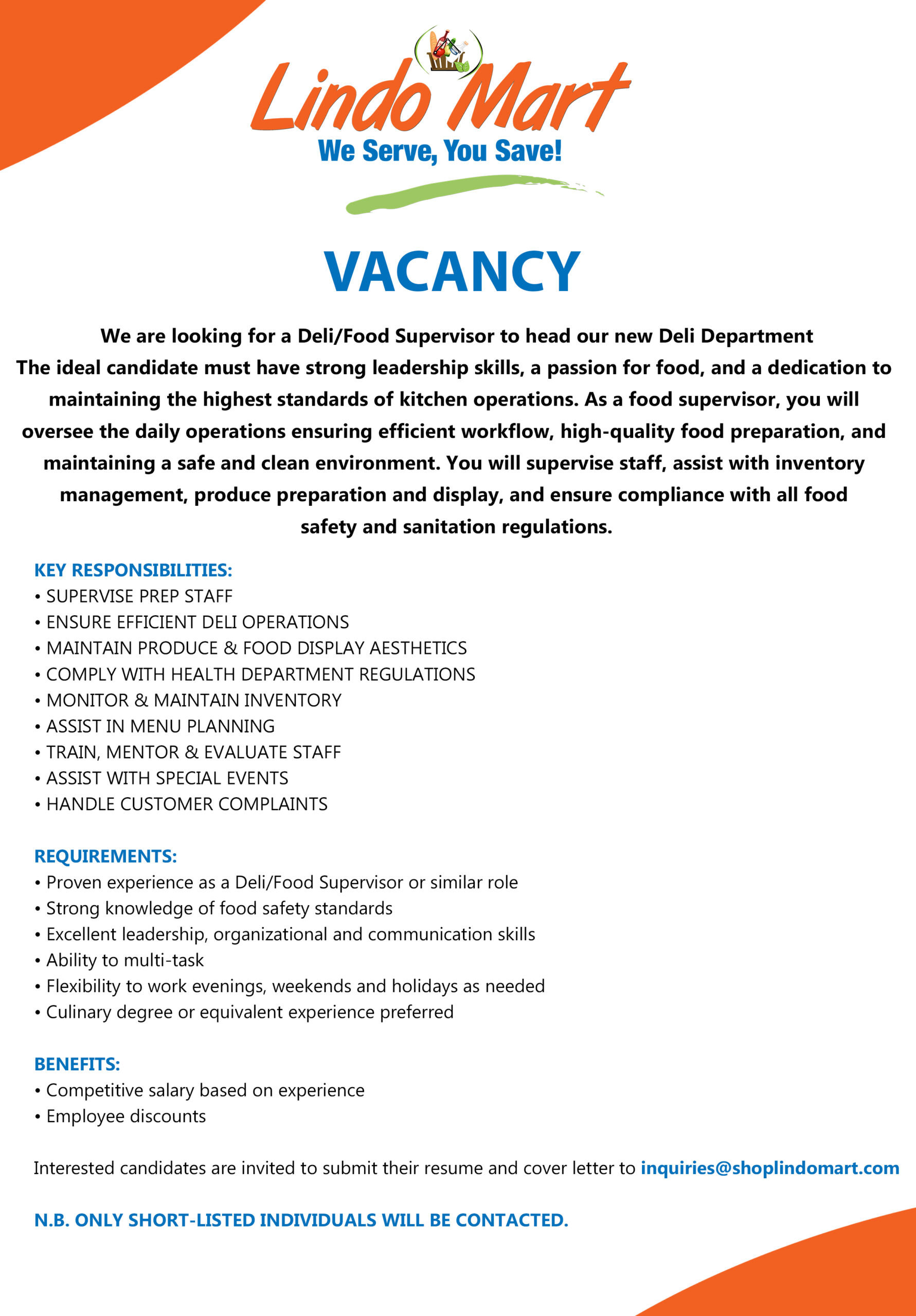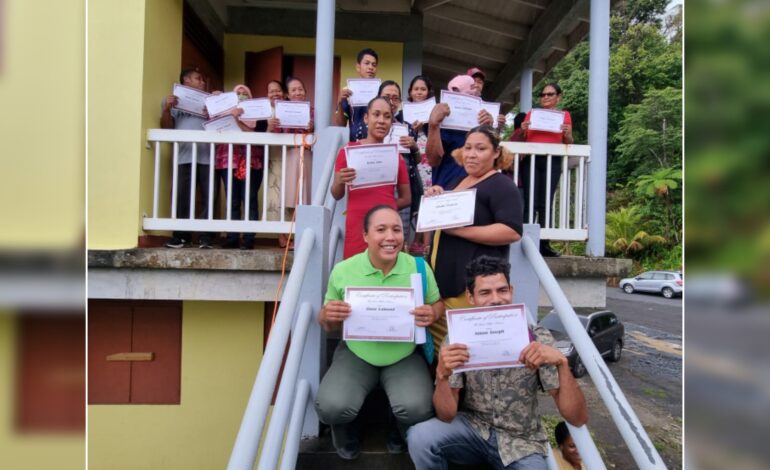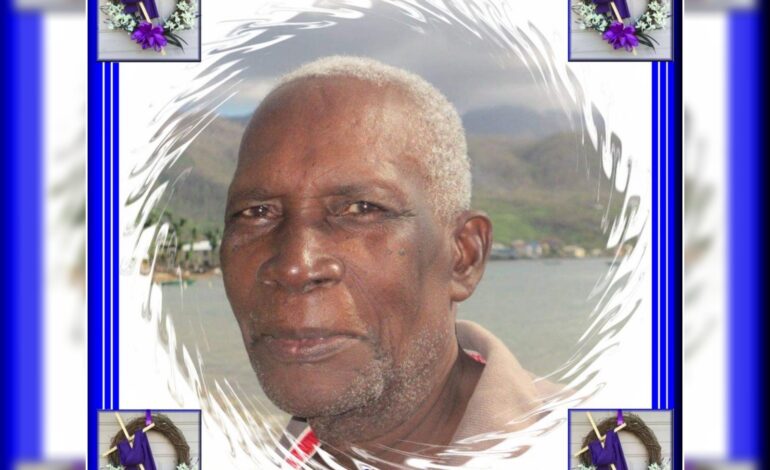
Kingston, Jamaica, Monday, May 9, 2022. In response to the fallout from the COVID pandemic, worsened
by climate challenges, Caribbean women have stepped up to the plate to help more than 100 Caribbean
women and their families to survive and thrive in these difficult times. In an effort to help women help
themselves and their families, Caribbean women entrepreneurs have been targeted for support through an
impactful, empowerment initiative entitled: Women Entrepreneurs in the Caribbean…Active, Resilient &
Empowered (WE CARE). Spearheaded by the Caribbean Philanthropic Alliance, the key objective is to
proactively build resilience and empower women through entrepreneurial support and more.
The initiative started in December 2021 in the aftermath of the devastating impact of the magnitude 7.2
earthquake near Jérémie and other areas in Southwest Haiti. According to Mary McLaughlin, Co-founder,
Trees That Feed Foundation (TTFF), “we wanted to help Haitian women help themselves and their families
through an empowerment programme that builds a marketplace that feeds people, creates jobs and
benefits the environment not only immediately but also long-term. Farmers, producers, vendors and the
community all benefit.” TTFF, in collaboration with the Haitian Connection and Jeremie Breadfruit, piloted
this programme by providing 25 Haitian women with mentors, entrepreneurship training, and 50
breadfruit konparèts (hard biscuits) each for four weeks free of cost. Over a 3-months period, they saved,
bought more konparèts and other products, grew their business, and generated more income. Currently, 60
Haitian women are being empowered through this initiative.
In January 2022, the “Swift E-Skills” training programme was piloted simultaneously in Jamaica and
Trinidad and Tobago, empowering 27 women and 4 men. The programme included video/audio
production, e-marketing and entrepreneurship training as well as designing and implementing an e-
marketing campaign for a new product “breadfruit bulla” (similar to breadfruit konparèt) and other
products. It featured face-to-face and online training, coaching, networking, and, importantly, Caribbean
peer-to-peer learning and information sharing, which participants saw as “priceless” in strengthening
Caribbean oneness. This collaborative programme was coordinated in Jamaica and Trinidad and Tobago by
the LASCO Chin Foundation in collaboration with the Institute of Law & Economics, Bridge Foundation,
Trees that Feed Foundation, Environmental Health Foundation, and Operation Save Jamaica.
“The philanthropic partnerships made it all possible,” said Prof Rosalea Hamilton, Chair, Caribbean
Philanthropic Alliance and CEO, LASCO Chin Foundation. At the online Closing Ceremony on April 14, 2022,
she noted: “Our individual efforts are but pebbles in an ocean of needs creating tiny ripples…but together
we can be a solid ‘rock stone’ that starts a massive ripple, creating a giant wave that we ride together to
change the currents in the ocean. That’s the possibility of real change that we can create together to
empower women and their families across the Caribbean.”
Anthea McLaughlin, Director, Caribbean Philanthropic Alliance and CEO, Bridge Foundation, emphasized
the awesome creativity of the participants and noted that many are “on their way to entrepreneurial
ground-breaking success.” Several entrepreneurs were highlighted: Adrianna Bryan, owner of Afime
Snacks, for demonstrating the resiliency of the breadfruit and for her readiness to enter into the Canadian
market; Debbie Bascoe, owner of Mellow Pop is revolutionizing how to eat popcorn in Jamaica; Donna
Barnes-Lisle, owner of Sweet Desires, for her creativity in integrating Lasco chocolate mix in baking
chocolate cakes; Kamiesh Clarke, owner Kamiesh Jerk Center, for her tasty Jerk Chicken and tantalizing
blend of sauces; Joy Powell, for her special blend of natural juices using fresh fruits and vegetables to
support good digestive health; Catty Asaveria- Snaggs, owner of The Mud Soap Company, for spreading the
vital message that our earth is sacred and that women are stewards of the earth; Delores Robinson owner
of Mar Natural Juice, created in Trinidad with Maroon roots in Jamaica, for exemplifying the fact that “One
Caribbean” is not a fiction, and that our strength and resilience are rooted in the indigenous herbs and
culture of the Maroon people; Karishma Ramoutar, owner of Nritta Dance Company, a dynamic company
focusing on East Indian dance, for spreading the important message of Caribbean cultural diversity; Pat
Newton, owner of Kilindi868, for her perseverance and hard work in creating a Cannabis Cultural
revolution; Cristal Denner, owner of Divine Feminine Essentials, with a tagline be natural, be beautiful, for
highlighting the magical power of marijuana used as a facial night serum to reduce feminine aging lines and
wrinkles; Mariella Browne, owner of Ahkahoush, for her natural product fashion brand jewelry; Beena
Mohamed, co-owner of Shane Barbershop, for developing unique offerings for barber shop clients; and
Celia Ramoutar, for innovatively promoting the value of eating indigenous, locally grown fruit and
vegetables.
Such entrepreneurial empowerment programmes are urgently needed to rebuild businesses, generate
income and strengthen families across the Caribbean. WE CARE focuses on Caribbean women because the
COVID pandemic have disproportionately affected women in terms of jobs, income, and safety. On average,
women have performed three times more unpaid care and domestic work than men prior to the pandemic.
Several studies have shown that women’s quality of life has worsened during the pandemic as they faced
more domestic violence in the “shadow pandemic,” they eat less and less healthy to ensure that children
and other family members had food to eat, and, generally, they experienced more stress and worry.
In the Caribbean, women are concentrated in tourism-related services and sales sectors and have,
therefore, been exposed to even more economic hardships. The 2021 IDB study on Caribbean businesses
noted that the negative impacts on women-owned and led (WOL) businesses have been larger compared to
the majority of men-owned firms. WOL businesses faced considerably greater challenges with childcare;
were more likely to report reductions in sales; and were around 1.4 times more likely to close
(permanently or temporarily).
Buoyed by the successful pilots in Haiti, Jamaica and Trinidad and Tobago, the Caribbean Philanthropic
Alliance is eagerly anticipating more philanthropic partnership and support for the WE CARE initiative to
enhance the outcomes that are already evident, and to facilitate rapid scale up across the Caribbean.






